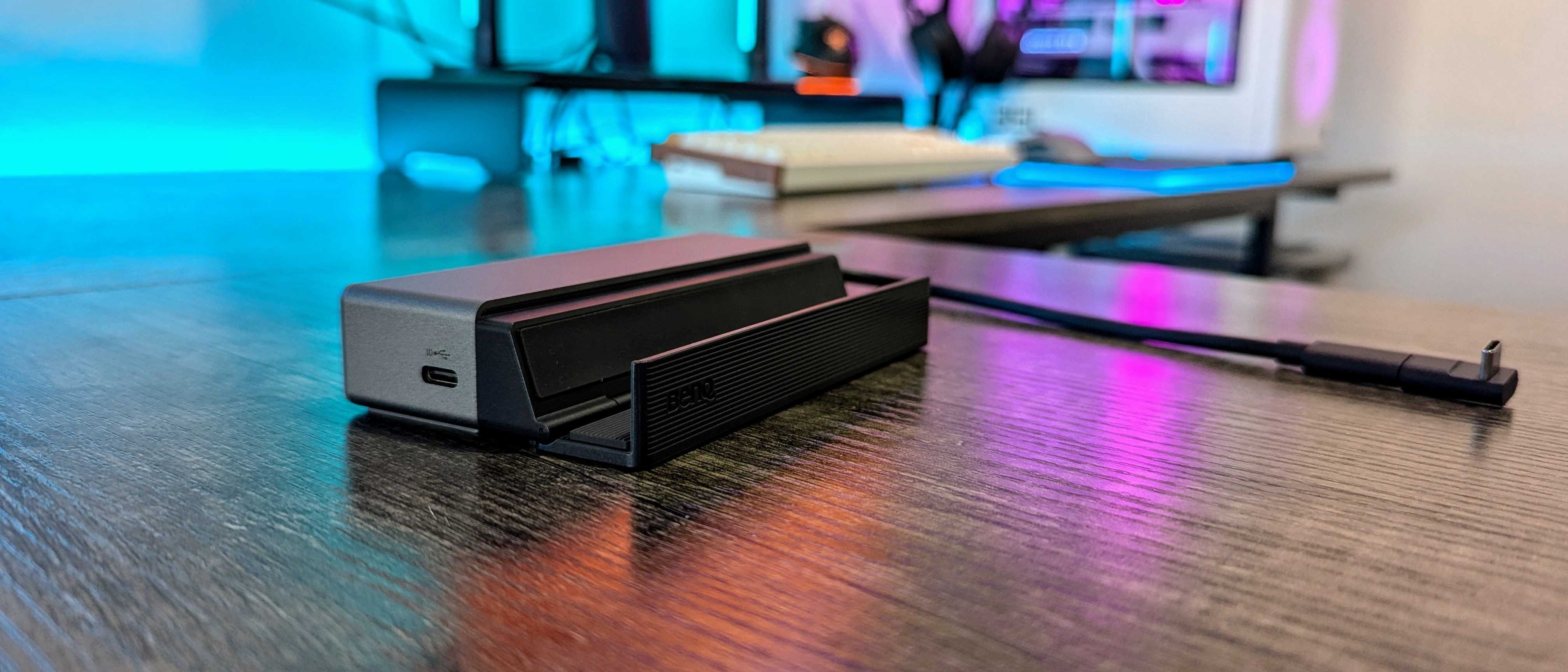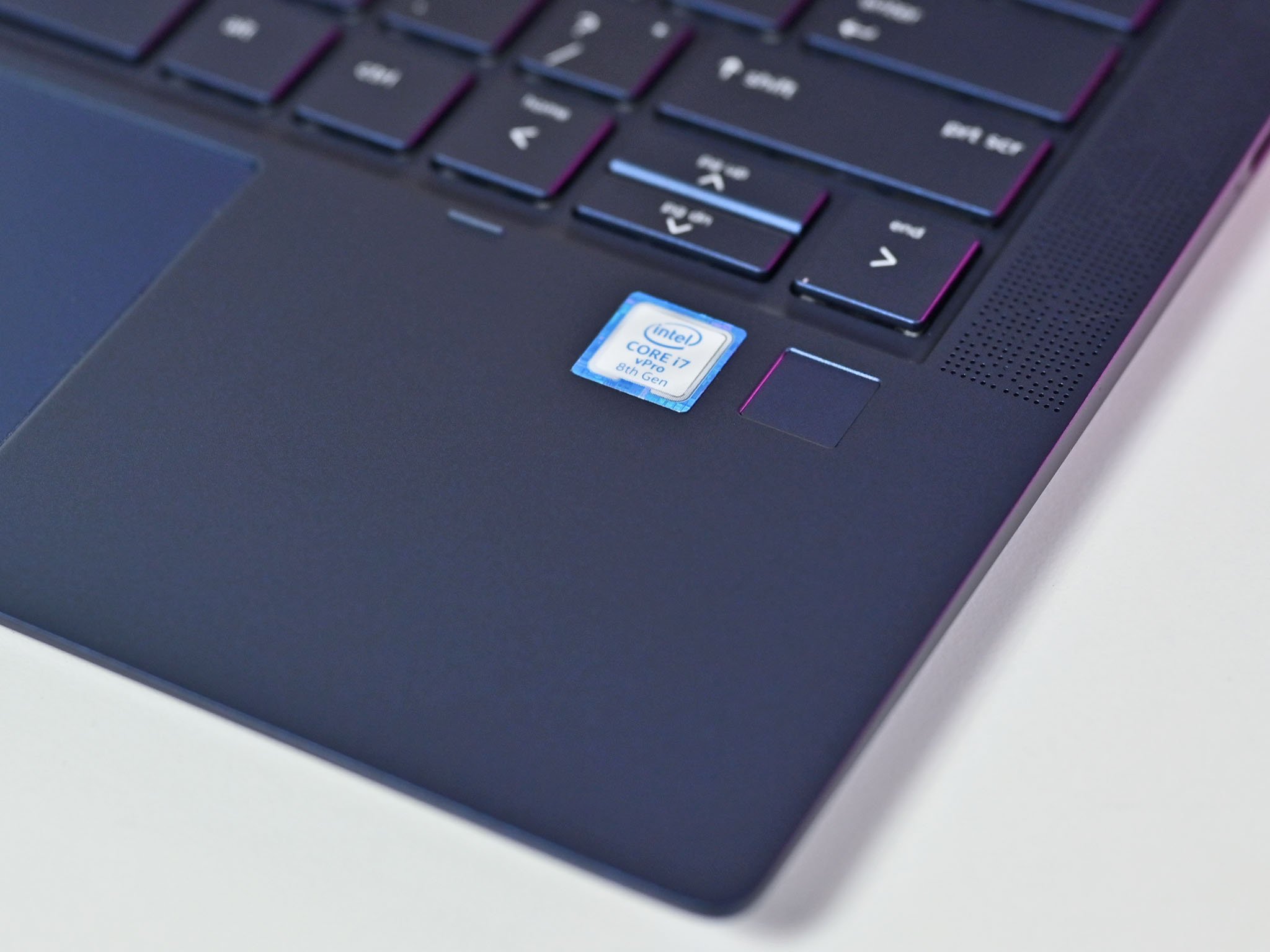
Buying the right laptop or desktop PC to suit your needs isn't always an easy process, and when deciding on a processor (CPU), you might question what Intel vPro is and whether or not you really need it. Intel offers a wide range of CPUs for myriad devices, and there's a chance you're reading this on a device already powered by one of its vPro-brand chips, especially if you're using a business-focused PC. This guide to Intel vPro should help casual PC users understand the technology and understand where the need might arise.
What is Intel vPro?
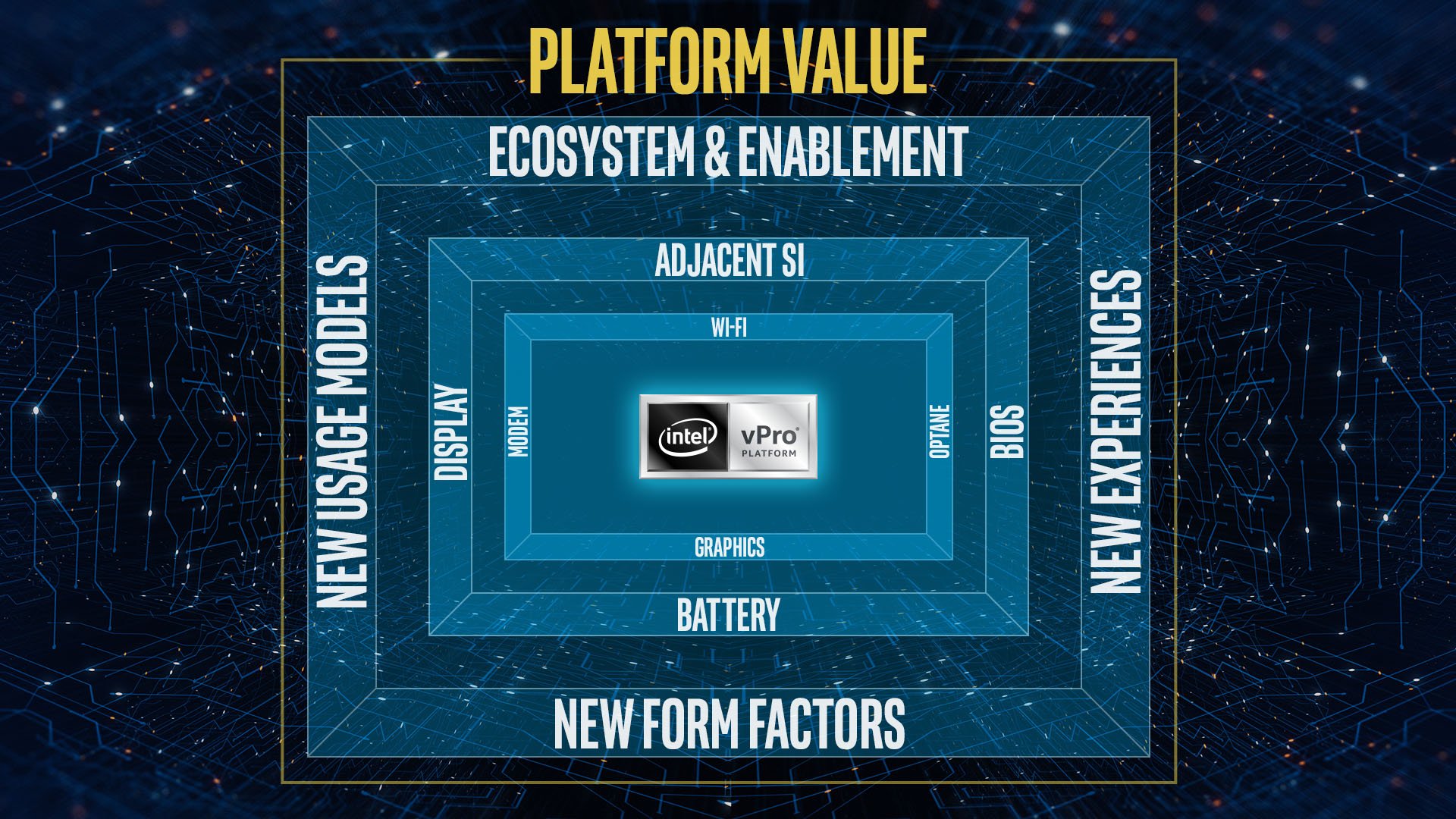
Intel has formally been around since 1968, but its vPro brand was created much later in 2007 as a solution for remote IT management and support. Intel vPro isn't intended for the average consumer, and chances are, if you're shopping around for a personal PC, you won't need to worry about it.
PCs that receive the vPro brand do not just have a vPro-enabled CPU (Intel Core or Intel Xeon); they also require several supporting features, hence the "platform." Intel lists the following as requirements:
- Specific chipsets
- Management-optimized networking
- High-end memory and I/O components
- Windows 10/11 Pro or Windows 10/11 Enterprise
Intel vPro is a platform that allows for improved stability thanks to IT-managed system changes, lower IT costs thanks to remote management and troubleshooting capabilities, improved security from features like Intel Authenticate and discrete Trusted Platform Module (dTPM) chips, and better performance thanks to modern networking hardware (like Wi-Fi 6) and ports (like Thunderbolt 3 and 4).
For IT departments, vPro is an efficient way to monitor, update, and troubleshoot multiple PCs without needing to physically deal with hardware. This has become ever-more important as we move into a mobile reality where "the office" doesn't necessarily mean four walls and a desk.
Intel vPro advancements with 12th Gen Core CPUs
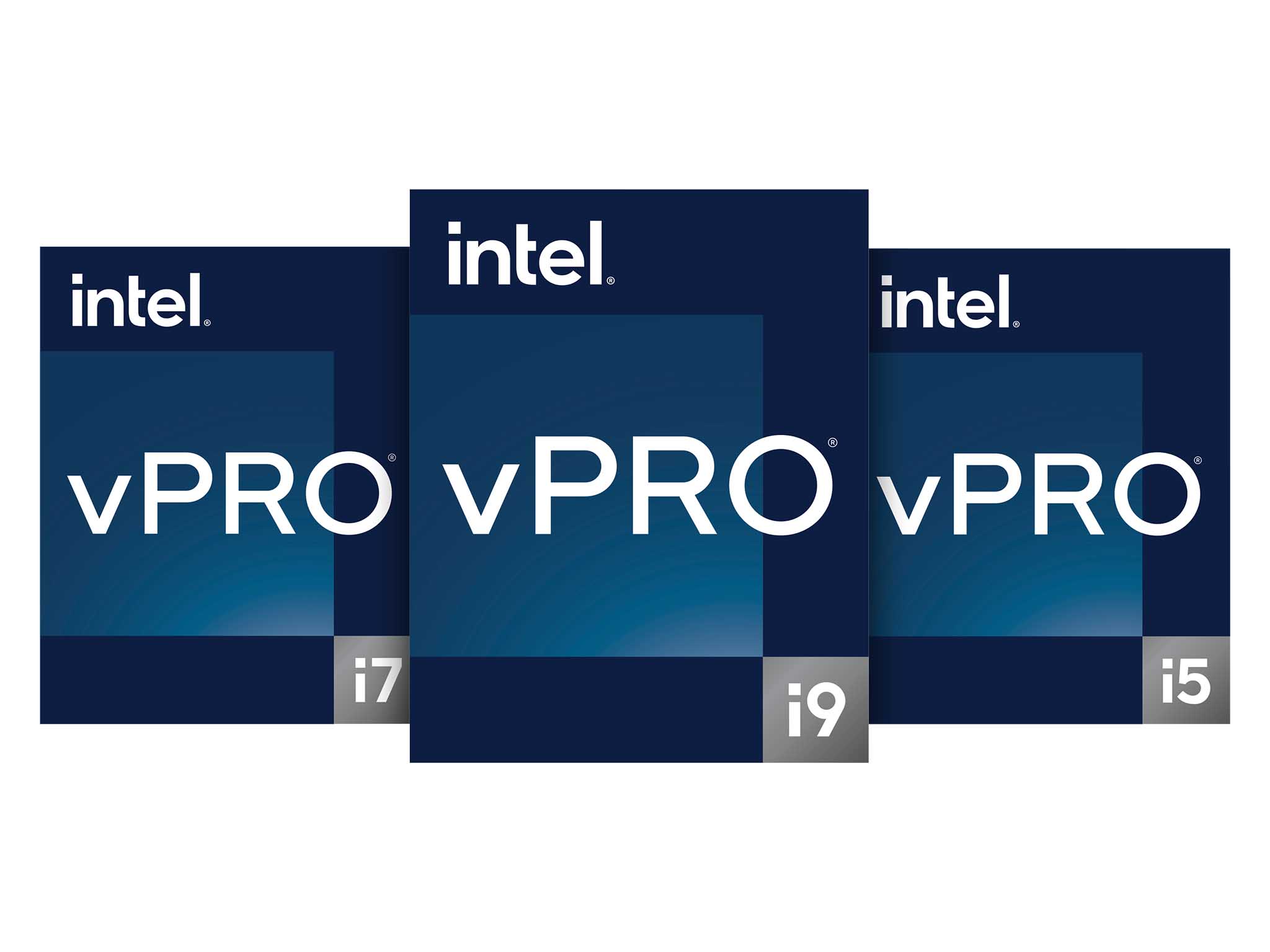
Intel recently announced a number of vPro changes and advancements to coincide with its 12th Gen Intel Core mobile CPUs and 12th Gen Intel Core desktop CPUs. Because of the trend of more businesses moving to remote work, Intel focused on expanding its vPro platform portfolio beyond the standard enterprise platform we've seen for years. For its 12th Gen processors, Intel now has four separate vPro platforms.
Intel vPro Enterprise for Windows is the standard platform with all of the usual vPro features. It's intended for large businesses and enterprises that require modern security and management tools to scale. Intel says it's "suited for businesses with formal PC purchase practices."
Get the Windows Central Newsletter
All the latest news, reviews, and guides for Windows and Xbox diehards.
Intel vPro Essentials brings the security and device management of vPro Enterprise to small and medium businesses. Intel Hardware Shield is baked in, and it supports Intel Standard Manageability for device management.
Intel vPro Enterprise for Chrome is built for a new class of Chromebooks, complete with the required security and performance necessary for business environments.
Intel vPro, An Evo Design (an awkward naming convention) is the final piece of the puzzle. Devices with this badge must hit Intel Evo and vPro criteria for a potent combination of performance, stability, security, and management.
Not every 12th Gen Intel laptop and desktop CPU supports vPro. Intel has laid out eligible processors across Intel vPro Enterprise for Windows, for Chrome, and vPro Essentials.
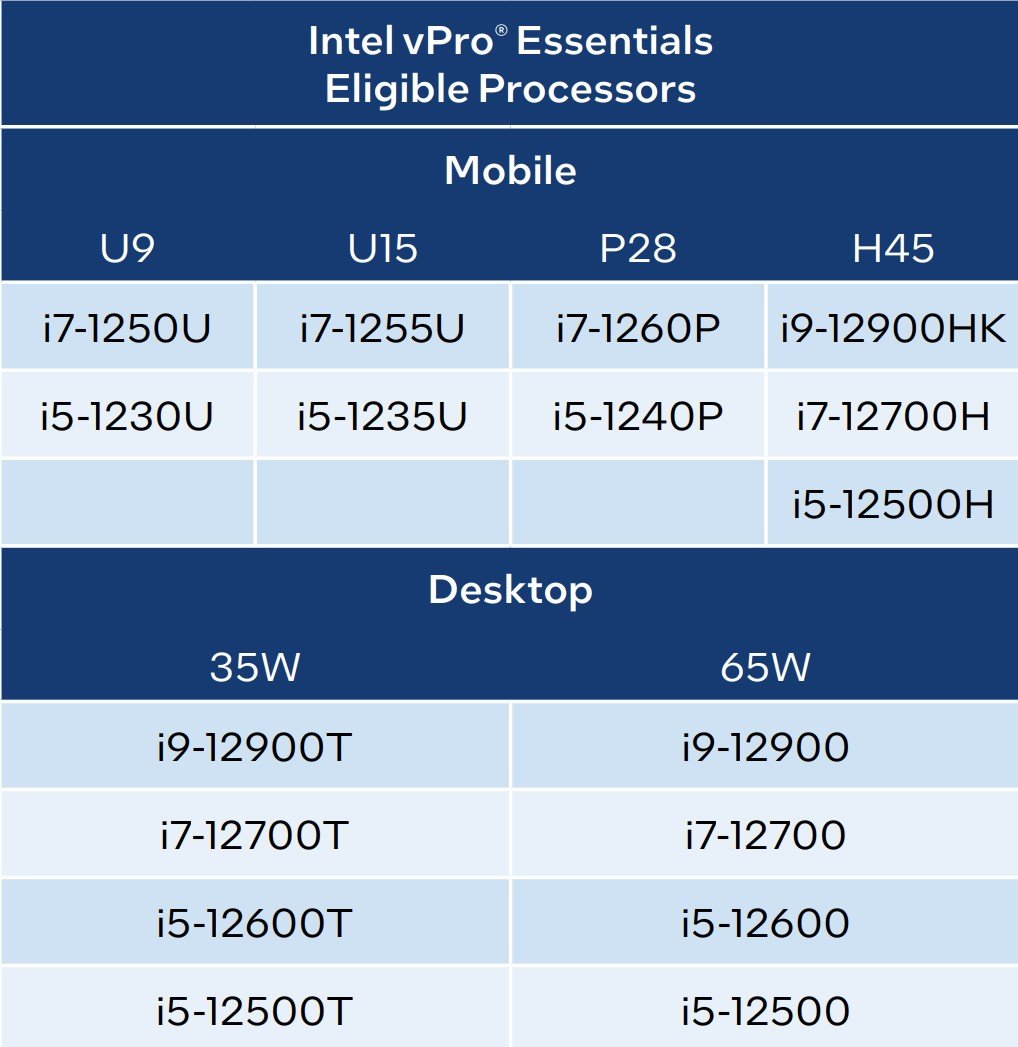
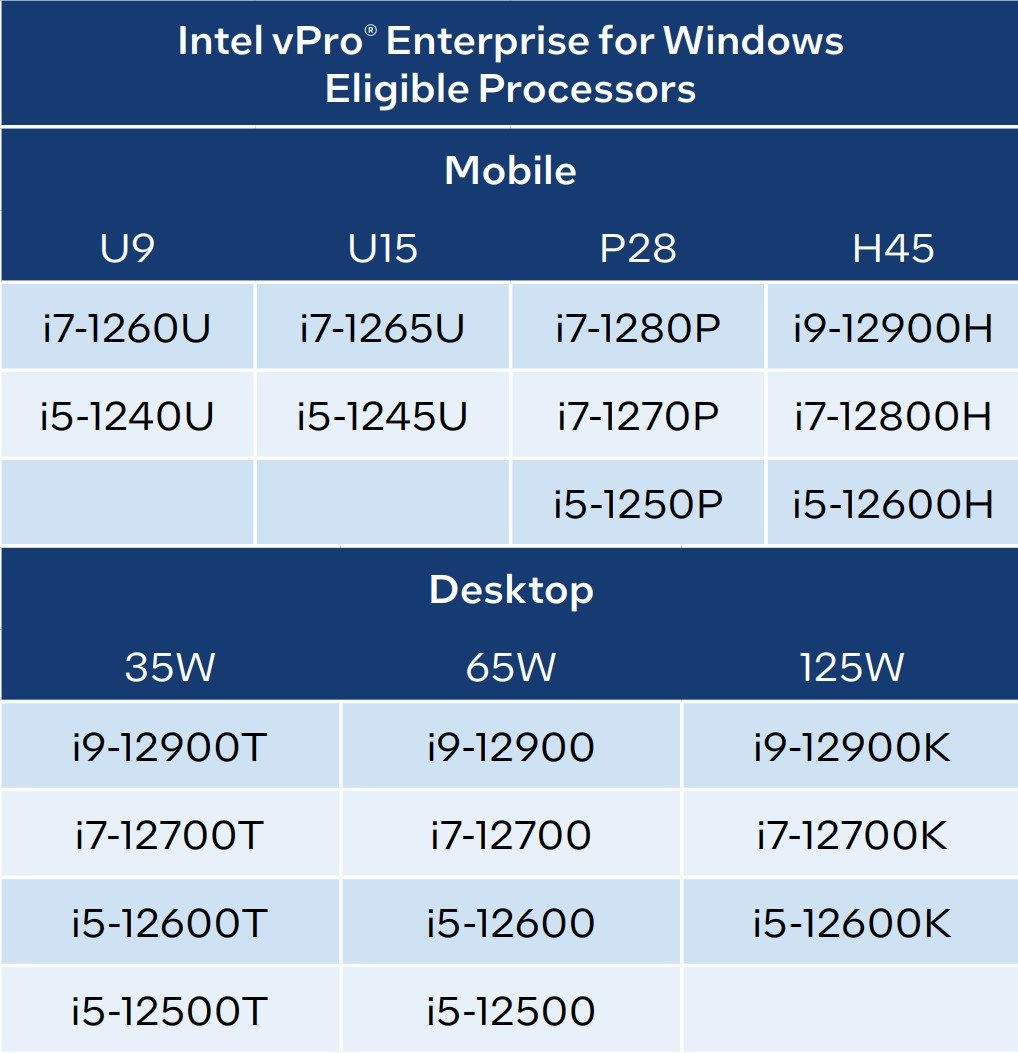
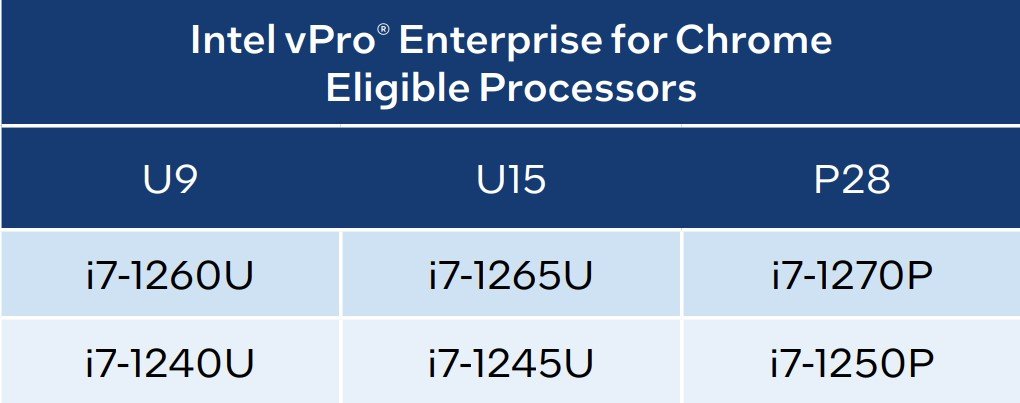
The full list of features that come with 12th Gen Intel vPro PCs is extensive. Intel has again laid them out in an easy-to-read table.
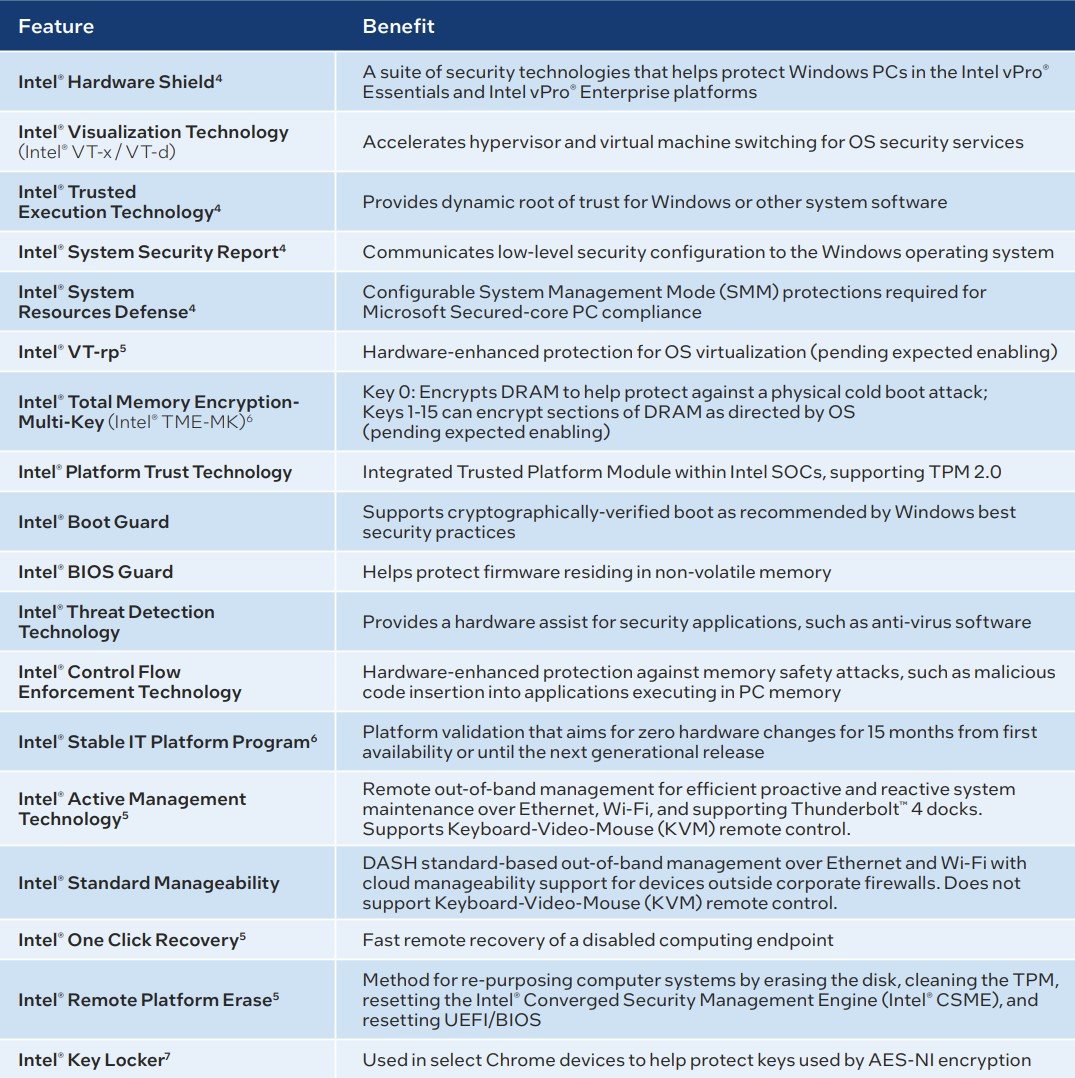
Performance across both mobile and desktop vPro chips is significantly improved thanks to Alder Lake advancements. Intel is claiming its 28W Core i7 mobile chips are up to 27% faster than similar 11th Gen chips in CrossMark, and up to 41% faster than AMD's Ryzen 7 Pro 5850U in the same CrossMark test.
On the desktop side, Intel claims its 65W 12th Gen Core i9 CPUs are up to 21% faster than 11th Gen chips in CrossMark, and up to 44% faster than the AMD Ryzen 7 5700G (which isn't exactly a fair comparison. You can check out our article on Intel vPro vs. AMD Pro for a more general comparison.
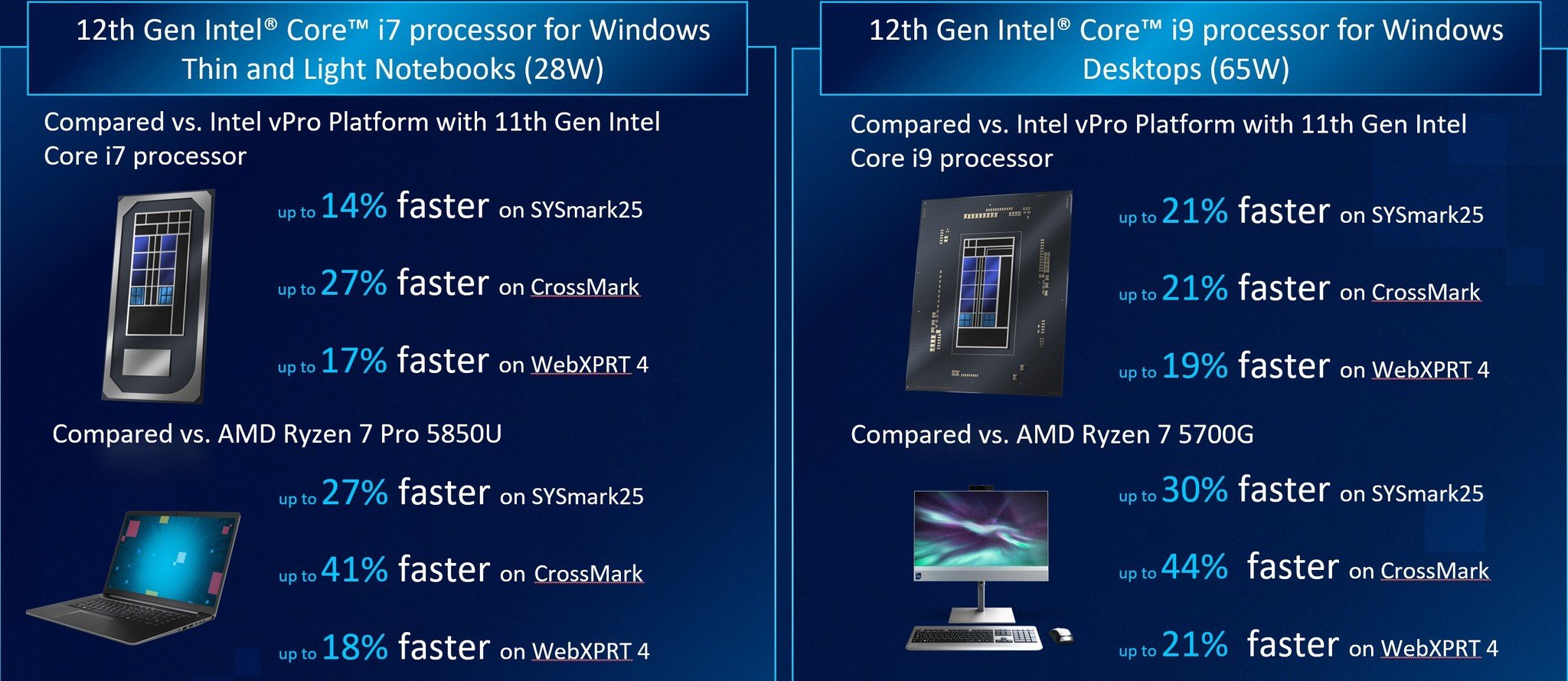
Do you need Intel vPro in your PC?
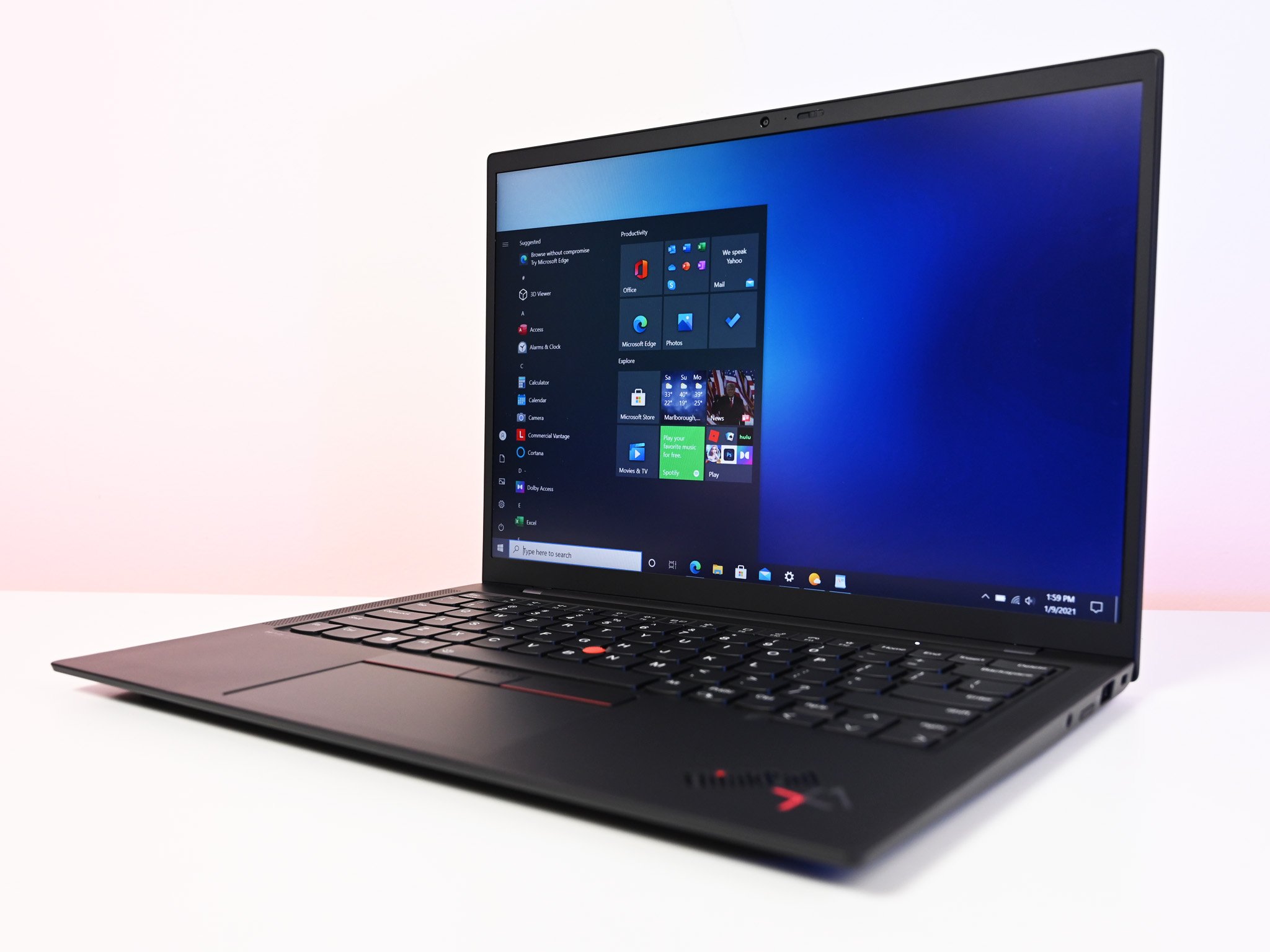
Due to all these added features, Intel vPro systems generally cost more than their standard counterparts. If you're a casual PC user who needs a system for homework, browsing, and entertainment, paying more for vPro will be a waste. As mentioned, if you're not buying a laptop to be used at work and haven't been told you need a vPro-enabled system, chances are you don't need one. Most commonly, bulk Enterprise purchased by businesses will involve vPro-enabled laptops.
That doesn't necessarily mean you can't buy a business-focused laptop without the vPro chip. Many of the best business laptops, like the ThinkPad X1 Carbon, have customization options for vPro and non-vPro configurations. When shopping for a business-focused laptop, you can still get many useful security features (IR camera, fingerprint reader, privacy screen) without paying extra for vPro.
Intel vPro is now available for up to Intel's latest 12th Gen Core Mobile and 11th Gen Xeon Workstation and Mobile processors, as well as multiple previous generations of Intel's Mobile, Desktop, and Workstation chips. There's also a crossover with Intel's new Evo platform, which combines the security and management of vPro with the responsiveness, battery life, and overall performance of Evo. Be sure to have a look at our explanation on Intel Evo laptops and what you need to know for much more information.

Cale Hunt brings to Windows Central more than eight years of experience writing about laptops, PCs, accessories, games, and beyond. If it runs Windows or in some way complements the hardware, there’s a good chance he knows about it, has written about it, or is already busy testing it.
